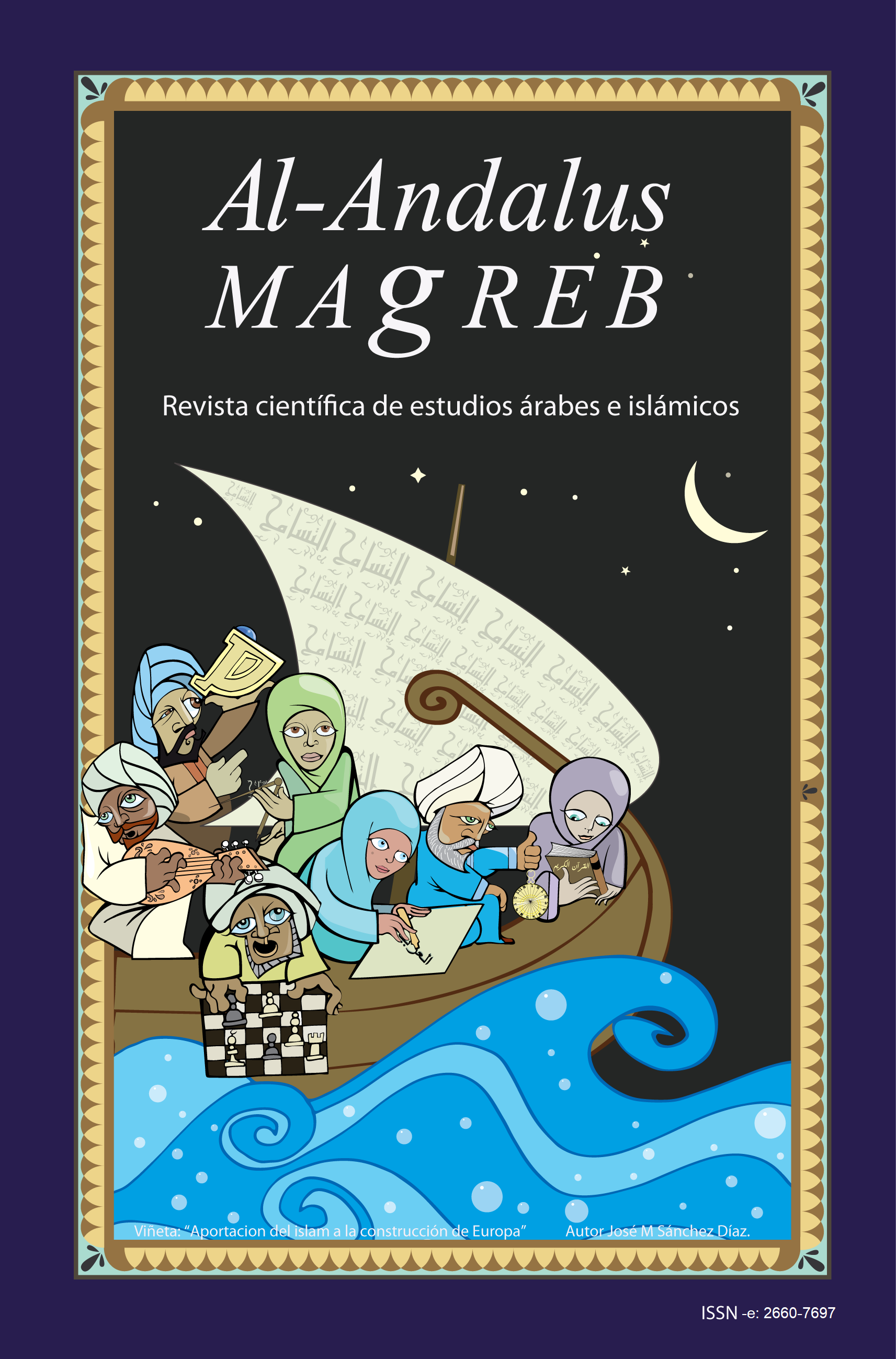Moroccan Darija in Online Creation Communities: Example of Wikipedia
Abstract
Online creation communities - OCCs, are networks of individuals who collaborate via internet platforms in order to share and spread knowledge and content on various topics. Among the largely used OCCs in the internet, we find Wikipedia which has a mission to spread the sum of human knowledge to all people in the world. One of the pillars of Wikipedia is that all humans should be able to access information in their own languages. A particularity of this system is its decentralization and independence from any state or authority, allowing any user to be part of the community and participate directly to enrich the projects of their choice. In this context, this paper presents the existing projects aiming to provide an encyclopedic content in Moroccan Darija such as Wikipedia in Darija project. We discuss their status as well as the different challenges facing them. We conclude this paper by analyzing the future prospects of these projects and by suggesting a number of improvements and developments to follow.
Keywords
Downloads
How to Cite
License

This work is licensed under a Creative Commons Attribution-NonCommercial-NoDerivatives 4.0 International License.
Those authors who have publications with this journal, accept the following terms:
a. Authors may retain their copyright and guarantee the journal the right of first publication of their work, which will be simultaneously subject to Licencia de reconocimiento de Creative Commons that allows third parties to share the work as long as its author is indicated. and its first publication this journal.
b. Authors may adopt other non-exclusive license agreements for the distribution of the version of the published work (eg: deposit it in an institutional electronic file) provided that the initial publication in this journal is indicated.
c. Authors are allowed and recommended to disseminate their work through the Internet (eg: in institutional telematic files or on their website) once the manuscript is accepted, which can lead to interesting exchanges and increase citations of the published work. (See El efecto del acceso abierto).
References
AGUADÉ, Jordi. 2006. «Writing dialect in Morocco». Estudios de Dialectología Norteafricana y Andalusí 10, pp. 253-274.
CHAFIK, Mohammed. 1999. Addarija Al Maghribiya: majalu tawarudin bayna alamazighija wal3arabiya [in Arabic]. Rabat, Academy of the Kingdom of Morocco.
ELINSON, Alexander. 2013. «Dārija and changing writing practices in Morocco». International Journal of Middle East Studies 45(4), pp. 715-730.
FUSTER MORELL, Mayo. 2010. Governance of online creation communities: Provision of infrastructure for the building of digital commons [Doctoral dissertation]. Florence, Italy, European University Institute.
HALL, Jennifer Lee. 2015. Debating Darija: Language Ideology and the Written Representation of Moroccan Arabic in Morocco [Doctoral dissertation]. USA, University of Michigan. HAUGEN, Einar. 1996. «Dialect, Language, Nation 1». American anthropologist 68, 4, pp. 922-935.
HOOGLAND, Jan. 2014. «Towards a standardized orthography of Moroccan Arabic based on best practices and common ground among a selection of authors». In: Árabe marroquí: de la oralidad a la enseñanza. Paula Santillán Grimm, Luis Miguel Pérez Cañada & Francisco Moscoso García (eds.). Colección estudios 140. Cuenca, Universidad de Castilla-La Mancha, pp. 59-76. HOOGLAND, Jan. 2018. «Darija in the Moroccan press: The case of the magazine Nichane». In: Sociolinguistic Studies 12, 2, pp. 273-293.
MCPHERSON, Stephanie Sammartino. 2009. Tim Berners-Lee: Inventor of the World Wide Web. Minneapolis, Twenty-First Century Books.
MILLER, Catherine. 2017. «Contemporary dārija Writings in Morocco. Ideology and Practices». In: The politics of written language in the Arab world. Jacob Høigilt & Gunvor Mejdell (Eds.), Leiden, Brill, pp. 90-115.
MOUSTAOUI, Adil. 2012. «Language planning, standardization and dynamics of change in Moroccan Arabic». Dialectologia 9, pp. 53-69.
O'REILLY, Tim. 2009. What Is Web 2.0. Sebastopol, O'Reilly Media, Inc.
SEDRATI, Anass. 2017. The use of YouTube in Morocco as an instrument of social critique and opposition: Three cases: Richard Azzouz, Hamid El Mahdaouy, Najib El Mokhtari [Bachelor Thesis]. Stockholm University.
ZOUHIR, Abderrahman. 2014. «Language policy and state in Morocco: The status of Berber». Digest of Middle East Studies 23, 1, pp. 37-53.







